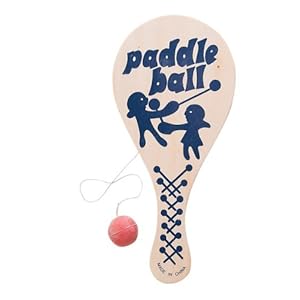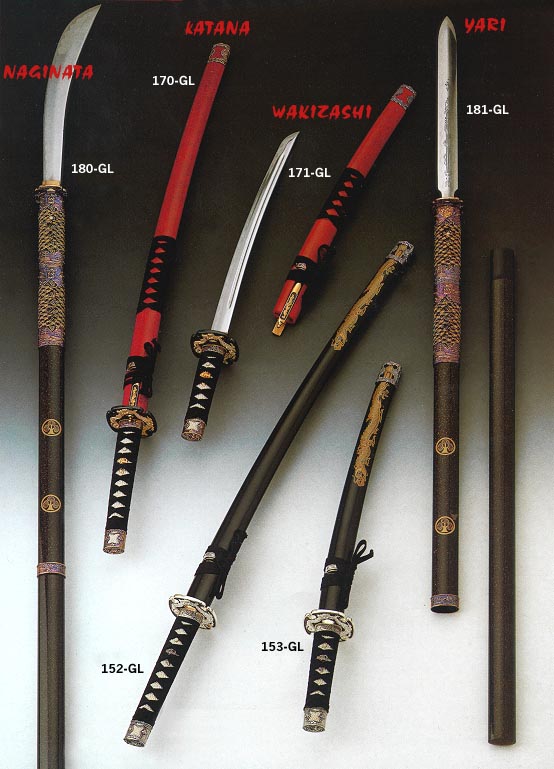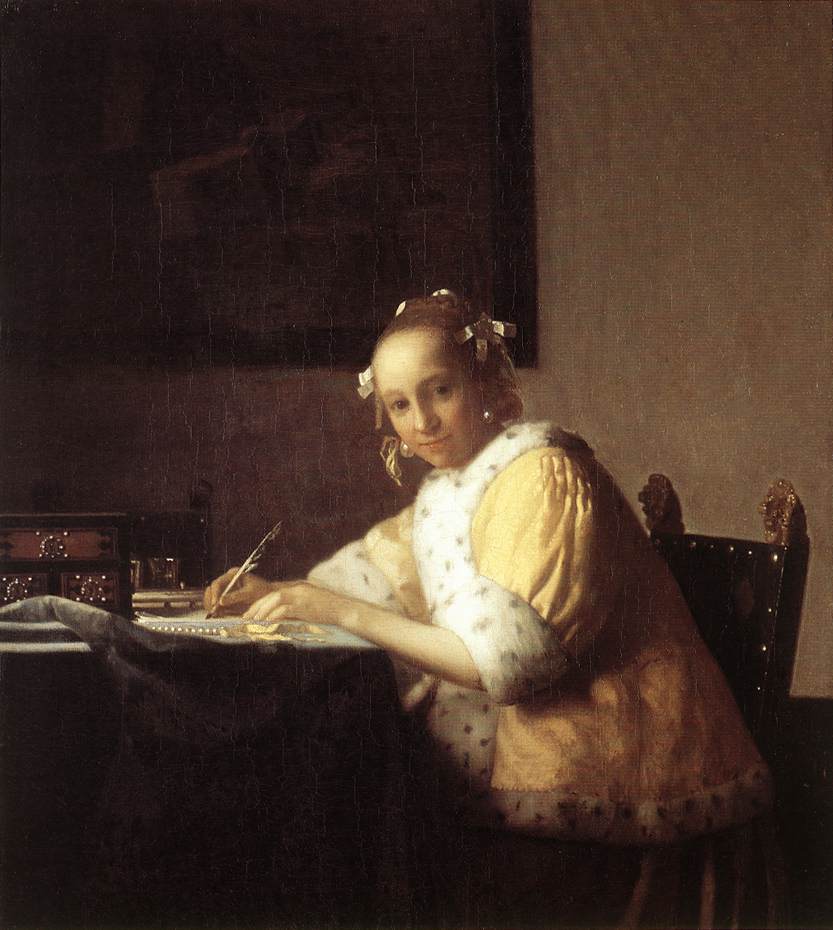I've evolved in my understanding of taste over my years writing. I used to feel miffed when agents responded to a query with a, "Sorry, but it's not for me."
Why not?! I always wanted to know. I used to think that my stories must have some deep-rooted flaw that I couldn't see.
Yeah, they probably do. But searching for critique partners has given me a new perspective on this. When I first began writing, I connected with three other moms whose kids went to the same gifted magnet school as my daughter. We were all stay-at-home moms and writers, and that critique group rocked for building my confidence, giving me an audience for my writing, and teaching me how to critique kindly yet constructively.
One other member is working on a YA novel, like me, one is writing a screenplay, and one is a journalist with thoughts of a memoir. We still meet, and I still love it. But I realized a while ago that I would never sign up for that sort of critique group again. Now, I'm looking for something different than general support and encouragement.
I have some very specific tastes, now.
I want someone who writes about YA topics that interest me. That usually means some kind of historical, sci-fi, fantasy, or mystery for me. I don't care for straight-up contemporary--although I'll certainly answer the door if John Green or Rainbow Rowell come knocking--and too much hot and heavy romance makes me laugh. And--hand-in-hand with that--I want someone who likes what I write.
Happily, I've found a few critique partners like this.
As I've looked for one more critique partner these last few weeks, I've softened into some sympathy for agents and editors. I have read lots and lots of pitches that are well-written and publishable, but just don't catch my fancy. Just this morning I got an email back from a potential critique partner who let me know that my story's premise just doesn't interest her enough to work together. Fair enough! I've thought the same thing about others and haven't had the guts to tell them. And you know what? Those manuscript swaps usually end up being a one-time thing, because neither of us is enthusiastic enough about the other's writing.
Now, I'm off to place a personals ad for a YA writer whose work could be described as Georgette Heyer lunches with Connie Willis and goes jogging every morning with Brandon Sanderson, who can both love my stories and put her finger on its deep-rooted flaws.




